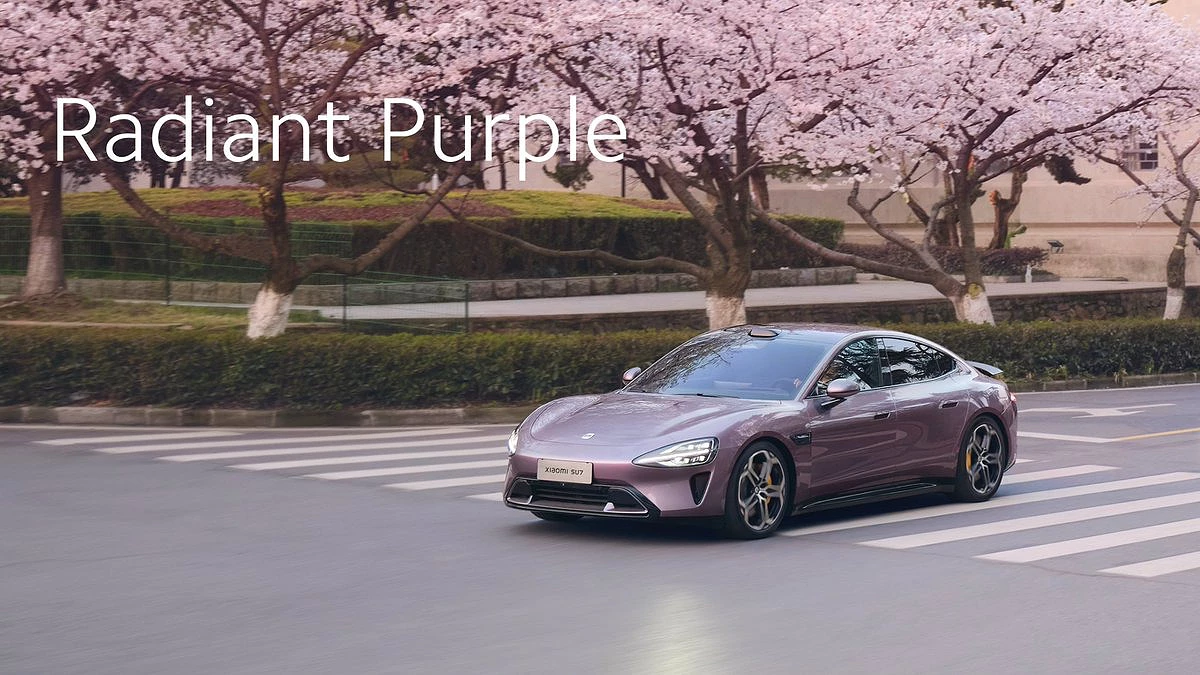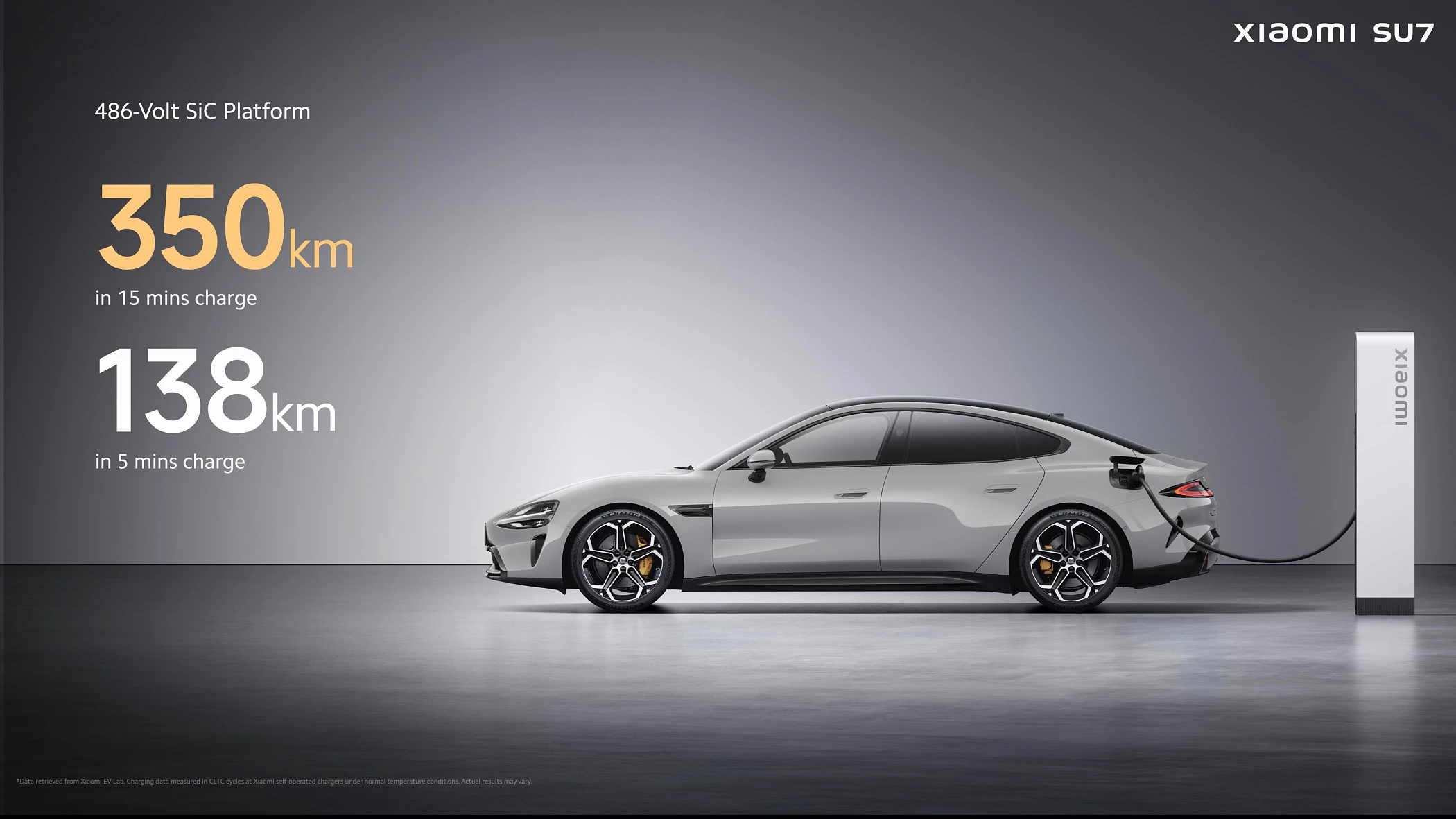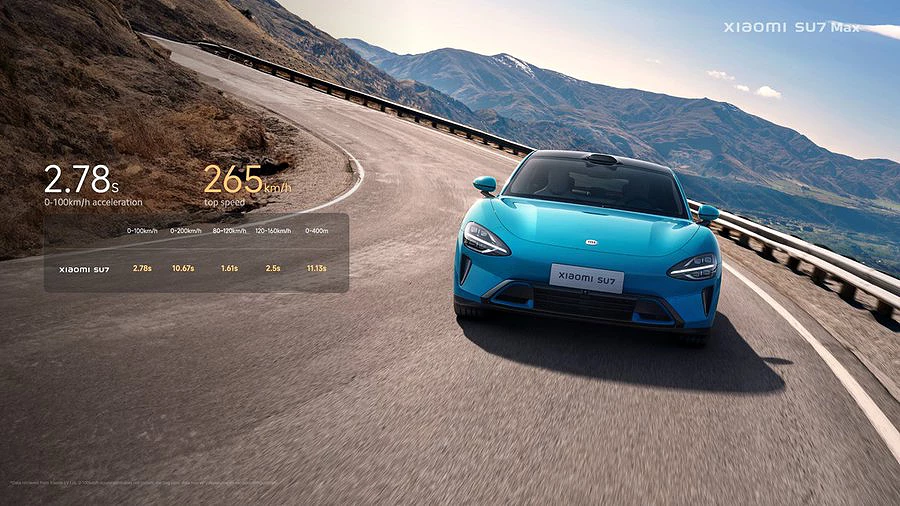
Xiaomi Eyes European Car Market and Top 5 Global Spot
Xiaomi, the tech giant renowned for its smartphones and affordable gadgets, is making waves in an entirely new sector: electric vehicles. The company’s recent unveiling of the SU7, a high-performance electric SUV, has sent shockwaves through the automotive industry. But Xiaomi’s ambitions extend far beyond a single model. Xiaomi electric vehicles Europe su7
The company has set its sights on becoming one of the top five car manufacturers globally by 2030, and Europe is a crucial battleground in this electric race.
The Xiaomi SU7: A Game-Changer?
The SU7 is a bold statement of intent from Xiaomi. Packed with cutting-edge technology, including “superpower” electric motors and a blistering 0-100 km/h time of 2.78 seconds, it’s a car that demands attention. While the initial focus is on the Chinese market, the SU7’s performance and design suggest Xiaomi has global aspirations.
However, the European market is a different beast. With established EV players like Volkswagen, Tesla, and a growing number of startups, competition is fierce. Europe is also leading the charge in electric vehicle adoption, with stricter emissions regulations and a growing consumer preference for eco-friendly cars.
Xiaomi’s Manufacturing Capabilities
Xiaomi’s success in the smartphone market is built on a foundation of efficient manufacturing. The company has mastered the art of producing high-quality products at competitive prices. This expertise is undoubtedly transferable to the automotive sector, but scaling up production to compete with established automakers is a significant challenge.
The European Market: A Challenging Terrain
Europe, while being a lucrative market, is also a complex one. Different countries have varying EV policies, charging infrastructure, and consumer preferences. Xiaomi will need to tailor its strategy to each market, which requires a deep understanding of local conditions.
Moreover, building a strong dealer network and after-sales service infrastructure is essential for success. Xiaomi will have to invest heavily in these areas to gain the trust of European consumers.
Xiaomi’s Strategic Goals
Becoming one of the top five car manufacturers globally is an audacious goal. To achieve this, Xiaomi will need to ramp up production, expand its product lineup, and build a strong brand presence in key markets. Europe is a crucial piece of this puzzle.
The company’s strong brand recognition in consumer electronics can be a powerful asset in the automotive world. If Xiaomi can successfully transfer this brand equity to its cars, it could gain a significant advantage over competitors.
Disrupting the Automotive Industry
Xiaomi’s entry into the EV market has the potential to disrupt the traditional automotive industry. The company’s focus on technology and innovation could lead to breakthroughs in battery technology, autonomous driving, and connectivity.
Furthermore, Xiaomi’s aggressive pricing strategy in the smartphone market suggests it could shake up the EV pricing structure, making electric cars more accessible to a wider audience.
The Future of Electric Mobility
Xiaomi’s ambitious plans are a testament to the rapid evolution of the automotive industry. As more and more tech companies enter the market, the competition for dominance in the electric vehicle space is heating up.
The ultimate winners will be consumers, who will benefit from increased innovation, lower prices, and a wider range of electric vehicle options. Xiaomi’s role in this electric future is still to be written, but one thing is clear: the company is determined to make its mark.
Conclusion
Xiaomi’s foray into the electric vehicle market is a bold and strategic move. The company’s ability to replicate its success in smartphones to the automotive sector remains to be seen, but the potential rewards are immense. As the world transitions to a more sustainable future, Xiaomi’s electric ambitions could redefine the automotive landscape. Xiaomi electric vehicles Europe su7











